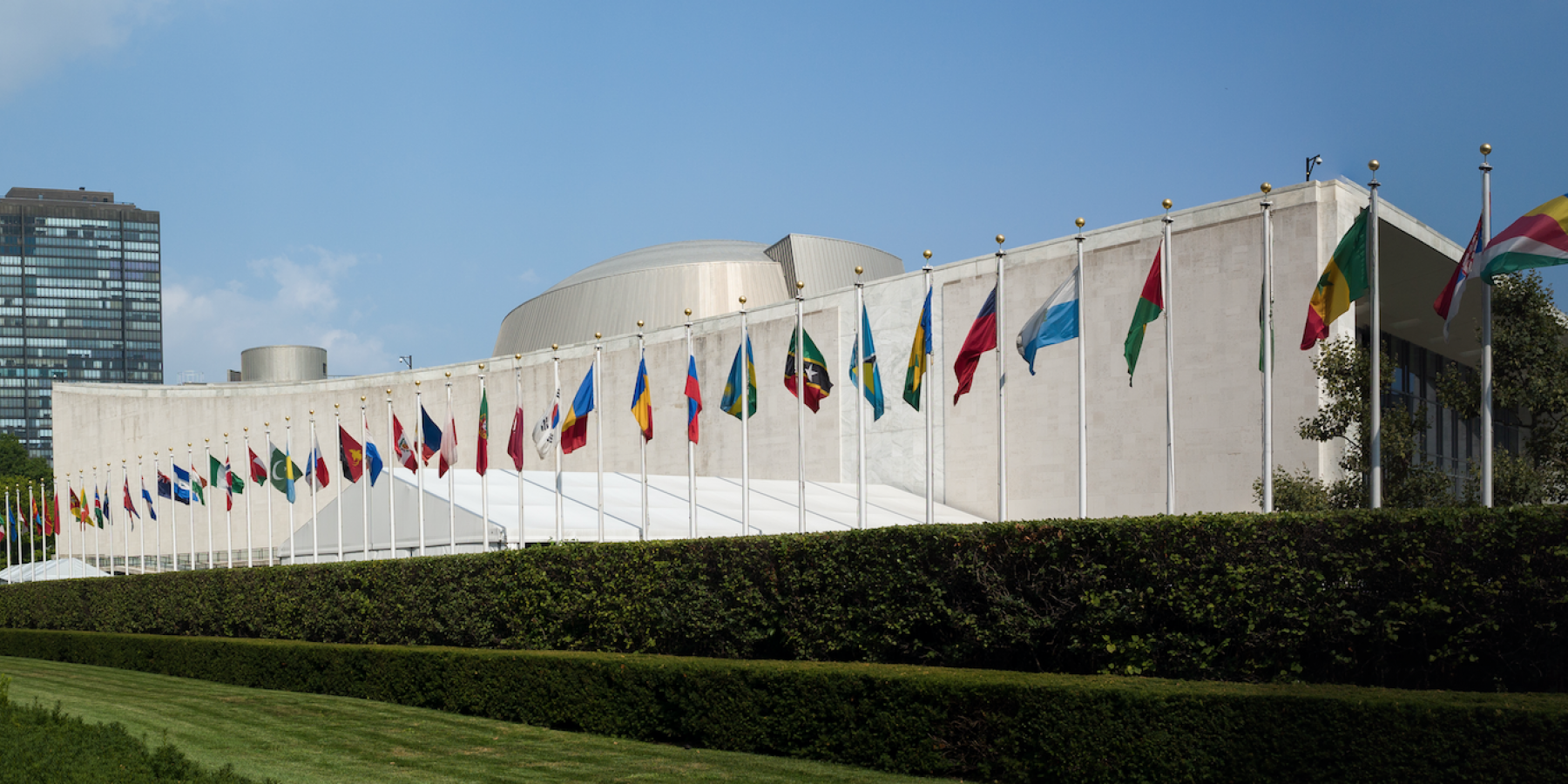NCD Alliance Statement of Concern - Poltical Declaration, UN HLM on NCDs
26th July 2018

26th July 2018
NCDs were responsible for 39.5 million deaths, or 70 per cent of all global mortality in 2015; at the current rate of progress, this number is expected to increase significantly. Investing in NCD prevention and control would save 8.2 million lives in low- and lower-middle-income countries alone, and generate USD 350 billion in economic growth by 2030. The evidence and imperative for action is there; it is now well past time to deliver.
The Political Declaration is an opportunity to build on commitments agreed by all Member Statements in the 2011 and 2014 UN High-Level Meetings on NCDs. It is time to analyse unmet commitments and commit to concrete actions that governments need to take to move the needle on the NCD response. The global health and research community has a strong body of evidence illustrating tried and tested cost-effective measures that work to reduce the burden of NCDs on people living with NCDs, their families and societies, as well as on health systems and domestic budgets. The Declaration should be forward looking and address the social, economic, environmental, and commercial determinants of health, which are integrated throughout the 2030 Agenda for Sustainable Development. While some elements of the current draft do address these issues, substantial gaps and weaknesses remain that should be redressed if the outcome of this UN HLM is to truly curb the current catastrophic trajectory of the global NCD burden.
The global body of evidence exists. It shows policy makers what works and where their leadership and decisive action will deliver rapid benefits for their citizens and help bolster economic development.
We therefore urge Member States to strengthen the text and agree, by consensus, a strong document that:
If governments do not fully grasp the opportunity presented by the UN HLM on NCDs in September 2018, they will be letting down millions more people at risk of or living with NCDs and continuing to sleepwalk their citizens into a sick future. The world has had enough of the weak response to NCDs; it is well past time to deliver on commitments and turn the tide of NCDs.